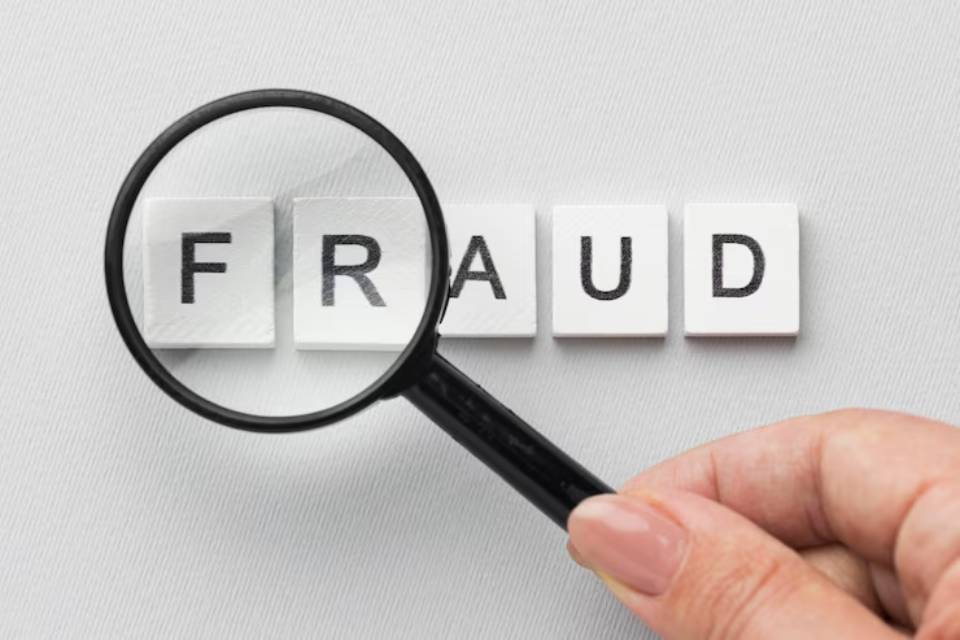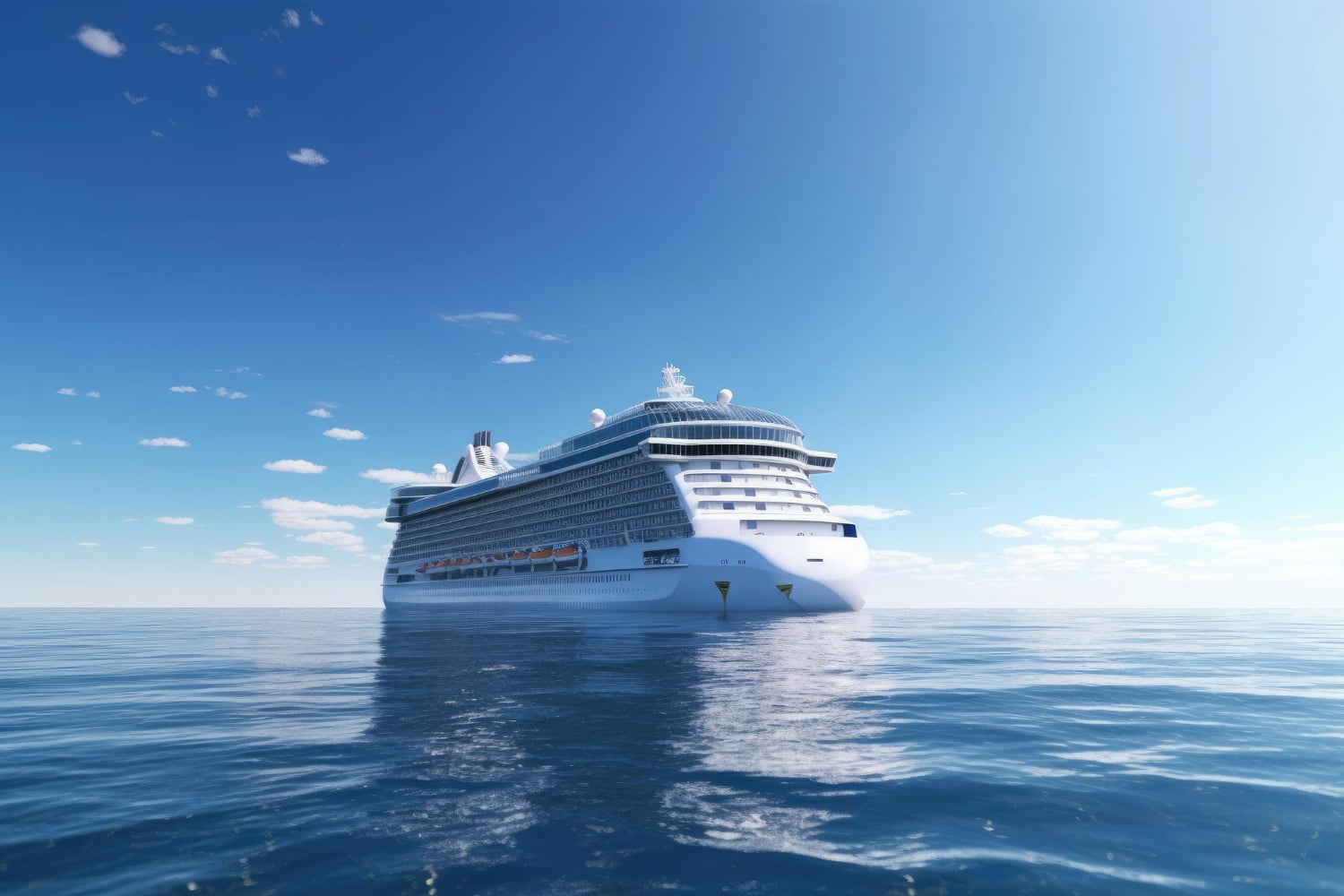
Avoiding Common Cruise Scams and Pitfalls
Cruises are meant to be relaxing, luxurious escapes — floating cities where your biggest worry is which cocktail to try next. But for all the glossy brochures and dreamy itineraries, the world of cruise travel isn’t entirely free of risk. Unfortunately, a few bad actors — both onboard and ashore — see cruise passengers as easy targets.
Whether you’re a first-time cruiser or a seasoned seafarer, staying informed about cruise scams can make the difference between a blissful holiday and a frustrating loss of money or peace of mind. In this guide, you’ll learn how to identify common cruise fraud schemes, keep your money safe, and navigate your cruise with confidence and clarity.
Why cruise passengers are prime targets

Cruise holidays attract people from all walks of life, often carrying cash, valuables, and a relaxed mindset. Add in unfamiliar surroundings, language barriers, and tight port schedules, and the conditions are ripe for opportunists.
Here’s what makes cruisers particularly vulnerable:
- Lack of local knowledge in port destinations
- High concentration of tourists in predictable locations
- Limited internet access to verify scams or get help
- Compressed timelines that pressure you into quick decisions
Recognising this, it’s vital to approach your holiday with the right balance of enjoyment and awareness.
Scams to watch for before you even board
1. Fake cruise deals and phishing emails
Fraudsters are getting increasingly sophisticated at creating websites or emails that look like they’re from trusted cruise lines. These scams often promote “too-good-to-be-true” prices to tempt you into handing over credit card details.
Warning signs:
- Unofficial email addresses (e.g., ending in .net instead of .com)
- Vague or poorly written offer descriptions
- Requests for urgent action or wire transfers
How to stay safe: Only book through official cruise line websites or reputable travel agencies. Double-check deals directly with the cruise company if you’re unsure. And never click on unsolicited links promising “free cruise tickets” — especially if they request sensitive personal information.
2. Prize scams and unsolicited calls
“You’ve won a free cruise!” Sounds fantastic, right? Except it’s almost always a trap. These schemes usually involve paying inflated “taxes” or “port fees” upfront for a cruise that doesn’t exist — or one that’s far less glamorous than advertised.
How to spot the ruse: Legitimate sweepstakes don’t require you to pay fees to claim a prize. If someone cold-calls you or sends an unexpected email about a cruise win, proceed with extreme caution.
Onboard scams: Don’t let your guard down at sea
3. Overpriced onboard services
While cruise pricing generally covers accommodation and meals, many add-ons — from spa treatments to wine tastings — are extra. Scammers aren’t always outsiders; sometimes they’re simply vendors inflating prices or pushing unnecessary “upgrades.”
What to watch for:
- “Limited-time” offers that pressure quick decisions
- Unclear pricing on menus or service lists
- Upselling of products or packages that sound vague
Travel safety tip: Familiarise yourself with what’s included in your cruise fare. You can often find details in the official app or daily newsletter. Always ask for final prices before agreeing to extras.
4. Internet and phone overcharges
Staying connected at sea is notoriously expensive. Some passengers find themselves with huge bills after unknowingly connecting to roaming mobile networks or misusing the ship’s Wi-Fi plans.
Avoid this pitfall by:
- Setting your phone to Aeroplane Mode before departure
- Purchasing Wi-Fi packages directly from the cruise line with clear terms
- Asking for help from staff if you’re unsure how to disable roaming
If you’re worried about staying connected, our guide on how to stay connected at sea walks you through safe and cost-effective options.
Port scams: The shore-side traps to avoid
5. Overpriced or misleading shore excursions
In some ports, passengers are approached by unofficial tour guides offering last-minute excursions at “discount” rates. These tours often lack insurance, run late, or fail to deliver what’s promised — with no recourse if you’re left behind.
To avoid this:
- Book through your cruise line or do thorough research on independent providers
- Check reviews, verify licensing, and confirm they guarantee to get you back on time
- Be wary of deals that seem far cheaper than competitors, with no clear reason
A good resource for comparison is our breakdown of top tips for booking shore excursions, which covers official and DIY options in detail.
6. Taxi and transportation rip-offs
In many cruise destinations, unlicensed taxis may charge inflated fares — or claim the meter’s broken — especially when they see you’ve just disembarked. Some drivers may even take you to shops or restaurants where they earn commission, rather than where you want to go.
Smart move: Agree on a fare in advance or insist on using the meter. Look for official taxi queues or consider ride-sharing apps if available in the area.
Financial fraud and theft risks

7. Skimming and fake ATMs
Some cruise ports are notorious for card skimming. You might use what looks like a regular ATM, only to have your data stolen through hidden devices.
Red flags:
- Loose card slots or anything that seems tampered with
- ATMs in dimly lit or low-traffic areas
- Machines that ask for more than one PIN attempt
Best practice: Use ATMs inside banks or reputable shops, and consider using cards with fraud protection. Travel with a backup payment method, ideally stored separately.
8. Pickpocketing and distraction tactics
Busy port towns, markets, and tourist hubs are breeding grounds for pickpockets, especially when cruise groups are wandering through in large numbers.
Common distraction scams:
- Someone “accidentally” spills something on you
- A stranger offers to help take your photo, then disappears with your phone
- Street performers or children crowd you while someone lifts your wallet
How to protect yourself:
- Keep bags zipped and in front of you
- Use anti-theft travel gear (e.g. crossbody bags with cut-resistant straps)
- Don’t flash expensive jewellery or electronics
Digital and identity fraud risks
9. Fake cruise surveys or post-trip emails
After a cruise, you might receive a seemingly authentic survey or customer service request — asking for feedback in exchange for future discounts. Some of these are ploys to collect personal data.
What to check:
- Email addresses and URLs — make sure they match official sources
- Whether the message references details only the cruise company should know
- If any links redirect to suspicious or oddly branded sites
When in doubt, navigate directly to the cruise line’s official website or contact their customer support channel.
How to cruise smart: Avoiding cruise fraud with confidence
Practical safety habits
- Photocopy or scan key documents (passport, cruise ID, insurance)
- Secure valuables in your cabin safe, and only carry what you need on shore
- Travel insurance matters — ensure it includes cruise-specific cover
For an extra layer of protection, consider reading up on travel insurance for cruises, which covers what’s typically included and how to choose a suitable plan.
Trust your gut
If something feels off, it probably is. Politely decline and walk away. Cruises should be joyful, not fraught with second-guessing every interaction.
Conclusion: Stay alert, cruise happy
Cruise holidays should be memorable for the right reasons — sunsets at sea, exciting shore adventures, and moments of total relaxation. With a little preparation and the right mindset, you can enjoy every wave and every port without falling for common cruise scams.
By learning how scams work, staying cautious in new environments, and trusting your instincts, you’ll travel smarter — and with peace of mind. After all, the world is out there waiting. Why let a scammer ruin the view?
Planning your next cruise? Brush up on what to expect from understanding cruise itineraries so you can enjoy every stop safely and stress-free.


